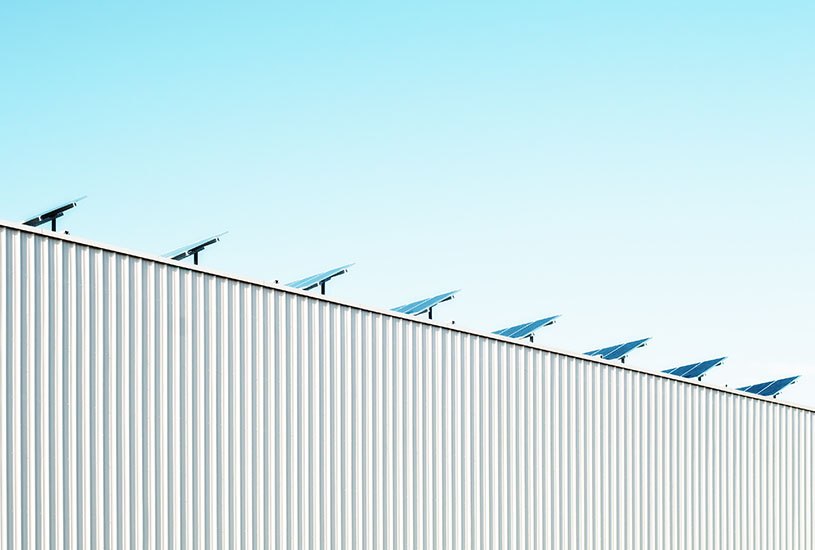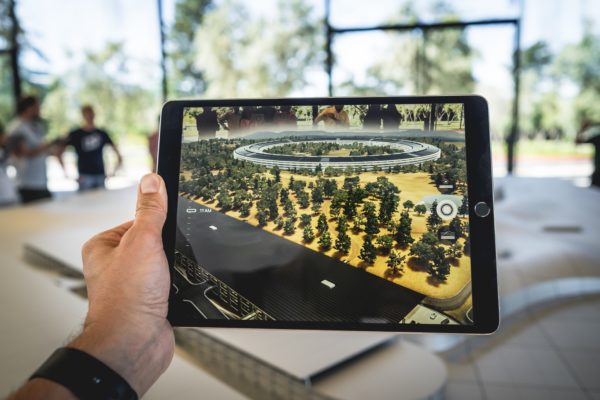A new wet spinning line at Waurn Ponds has extended Deakin’s research capacity across all stages of carbon fibre production.
Carbon Nexus, Deakin University’s purpose-built carbon fibre research facility, has increased its research and production capabilities, with the installation of the only polyacrylonitrile (PAN) precursor wet spinning line in the Southern Hemisphere.
Jointly owned and operated by Carbon Nexus and CSIRO as part of the ongoing Deakin-CSIRO partnership in future fibres research, the wet spinning line completes Carbon Nexus’ value chain, allowing it to offer R&D services from precursor development to white fibre spinning, to carbon fibre production and composite manufacturing.
Located in the “carbon cluster” at Deakin’s Geelong Innovation Precinct, Carbon Nexus is also home to a research line for small quantities of carbon fibre and innovative research activities, and a pilot scale line, which produces sample quantities of carbon fibre for industrial scale evaluation.
The acquisition of the wet spinning line fits neatly within the Federal Government’s push for research to focus more on industrial applications, according to Carbon Nexus Director Derek Buckmaster.
“This is a very applied piece of equipment. It’s designed on industrial principles,” he said.
“Rather than being a piece of laboratory equipment, it’s actually scaled down from industrial equipment.”
Speaking at the line’s launch, the Assistant Minister for Industry, Innovation and Science, the Hon Craig Laundy MP, offered his heartfelt congratulations to Deakin and CSIRO.
“With the National Innovation and Science Agenda, everything that we’re all about is aimed at what we’re seeing today,” he said.
“This is an investment in capability that will expand opportunities for small to medium sized enterprises and enhance their profitability.”
Carbon Nexus is now also home to two carbon fibre 3D printers that have the potential to print carbon composite parts with strength similar to aluminium.
“With the installation of the wet spinning line and the 3D printers, our capability to conduct research across all the stages of carbon fibre production is enhanced beyond our current bench-top capabilities,” said Russell Varley, Professor of Composite Materials at Deakin.



